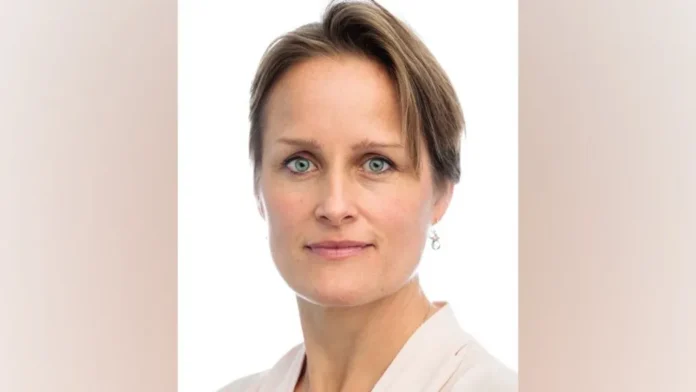LONDON: In a landmark decision, Blaise Metreweli is set to make history as she becomes the first woman to lead MI6, the UK’s Secret Intelligence Service, in its 116-year existence. Metreweli, 47, who joined the prestigious agency in 1999, will assume the mantle of the 18th chief, taking over from Sir Richard Moore later this year. Currently serving as Director General “Q,” a crucial role overseeing technology and innovation aimed at protecting agents’ identities and countering advanced surveillance, Metreweli expressed immense pride and honour at the appointment.
Prime Minister Sir Keir Starmer hailed the decision as “historic,” emphasizing the critical importance of intelligence services amidst current global challenges. MI6’s core mission involves gathering intelligence abroad to safeguard UK security, focusing on counter-terrorism, disrupting hostile state activities, and enhancing cyber-security. The chief of MI6, known by the codename “C,” is the only publicly identified member of the service, a tradition dating back to its first leader, Captain Mansfield Cumming, who signed letters with a “C” and famously used green ink – a practice the current head continues.
Metreweli, an anthropology graduate from the University of Cambridge, brings a wealth of experience, including director-level roles within MI5, MI6’s domestic counterpart. Much of her career has been dedicated to operations in the Middle East and Europe. Her contributions to British foreign policy were recognized in 2024 with the Companion of the Order of St Michael and St George (CMG). Previously, under the alias “Director K” while at MI5, she highlighted the diverse nature of threats to UK national security, spanning government protection, economic security, and critical technology. She noted that while “Russian state activity” remains a threat, China’s rise presents both significant opportunities and challenges for the UK.
The incoming chief will face an intelligence landscape fraught with unprecedented complexities. Geopolitical threats primarily stem from Russia, China, Iran, and North Korea, as these nations increasingly collaborate to undermine Western interests globally. Furthermore, MI6 confronts significant technical hurdles in its core function of recruiting human agents to acquire secrets. In an era of rapid digital innovation, the service must continually adapt and evolve to outmanoeuvre adversaries and maintain its relevance when vast amounts of intelligence are generated online and from space.
Last September, outgoing chief Sir Richard Moore, alongside then-CIA chief William Burns, issued a stark warning that the international world faced a threat “in a way we haven’t seen since the Cold War.” They underscored ongoing joint efforts to counter Russian intelligence’s “reckless campaign of sabotage” across Europe and identified China’s ascendancy as the paramount intelligence and geopolitical challenge of the century. They also confirmed their strong advocacy for restraint in the Middle East.
Sir Richard, who concludes his five-year tenure in the autumn, conveyed his absolute delight at Metreweli’s “historic appointment,” lauding her as an “accomplished intelligence officer and leader” and a leading thinker in technology. Foreign Secretary David Lammy lauded Metreweli as the “ideal” candidate to address “global instability and emerging security threats,” also extending gratitude to Sir Richard for his dedicated service. Prime Minister Starmer echoed these sentiments, expressing confidence in Metreweli’s leadership to ensure national security.



